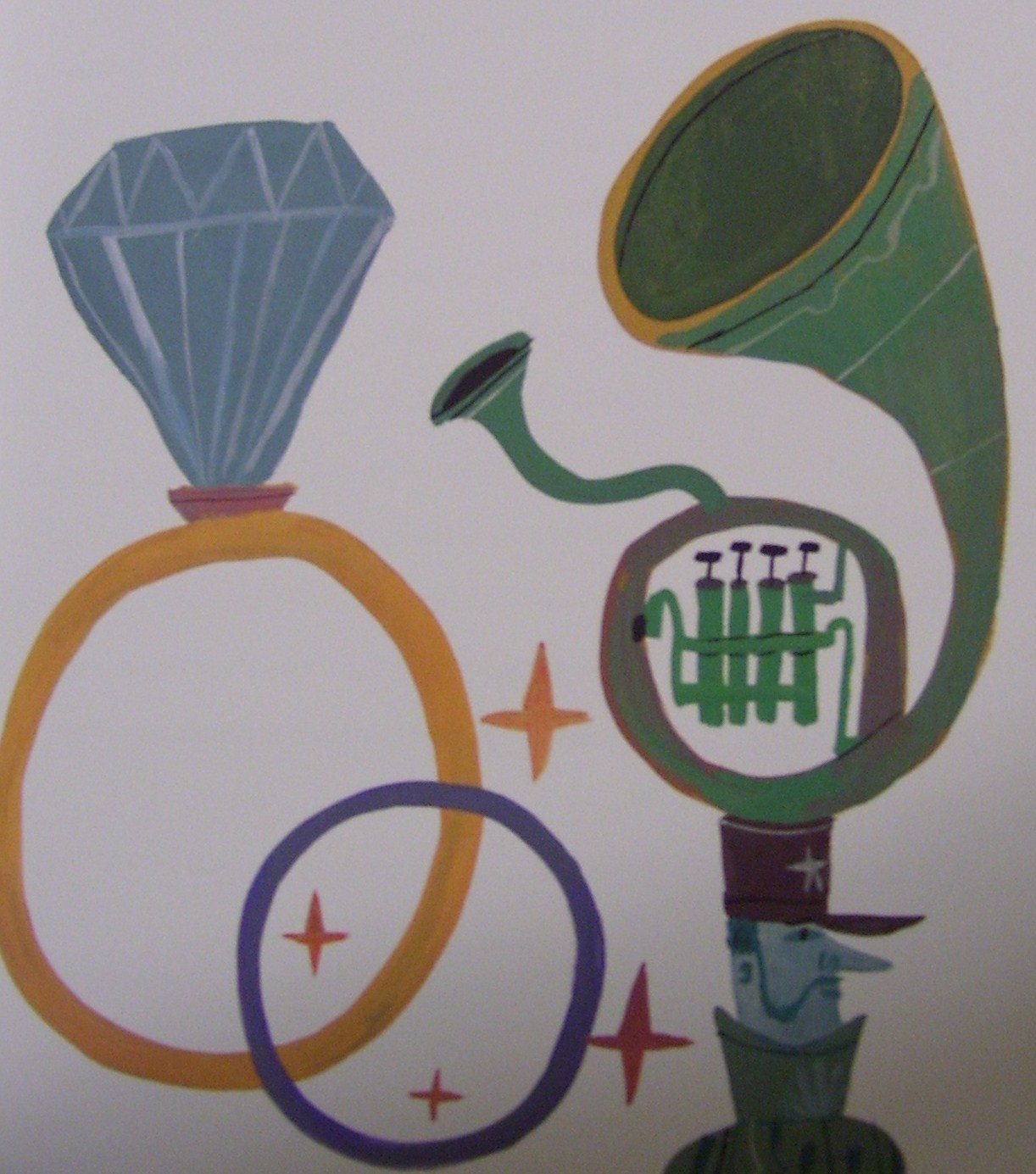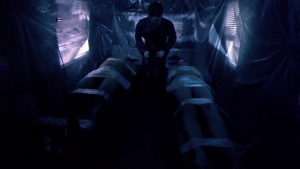Date read: 10.29.08
Read from: Personal collection
Reviewer: Emera
In 19th-century Boston, a brilliant medical student falls in with a group of young spiritualists, only to see his hopes and plans go terribly awry as a result of their experimentations. A century and a half later, he walks the earth weary and immortal, wielding instruments made from the bones of a murdered angel, and seeking to discharge the task that he took upon himself at the height of his despair. Finally seeing a candidate worthy of becoming his successor, he enters the dreams of a boy named Walter. The young and frightened Walter learns that all he needs to do to banish his bad dreams is tell the monster in his closet to go away – only to learn too late that it was the monster who stood between him and a force banished from the universe at the beginning of time.
If the above summary sounds complicated, it doesn’t even begin to represent the full breadth of the mythology of The Music of Razors. This is a universe big enough for fallen angels, closet monsters, and a clockwork ballerina to coexist over several centuries and in the same 300 pages. The novel’s pace and complexity are undeniably demanding, especially in the beginning chapters, but the reward is that every time the page is turned, you uncover a new secret of this strange mythology, and your mind constantly stretches to keep up with the narrative’s wicked twists and hinted truths. All of these elements are convincingly and for the most part satisfyingly intertwined, and the ending of the novel delivers a volley of heavy emotional punches before leaving the reader with that perfect combination of feeling fulfilled, yet still wanting more.
I do think that the pacing could have used some stretching and breathing space to improve coherence, allow the reader more time with the characters’ emotions, and reduce the ending’s frenzied, overexplosive feel. However, from what I understand of the novel’s publishing history, there were constraints placed on its length. The first, Australian publication, released in 2001, was even shorter. Significantly more material was added to the American release, but from the sounds of it, Rogers would have liked even more.
Rogers’ writing is briskly dark, his brief sentences filled with a subtle, glancing menace, capable of both brutality and a wistful, fairy-tale loveliness. He seems to write with a grim kind of exhilaration, as aware of the emotional and spiritual weight of the story and its characters as he is of the breathtaking leaps of imagination employed in fully animating it.
This is a novel that offers immediate, visceral pleasure and sorrow, as well as food for later thought – in particular, Rogers has fascinating things to say about the role of our fears in shaping our selves. The panoply of fantastical elements also means that there is something here for all tastes, from historical fantasy to horror. All in all, I highly recommend The Music of Razors. Even if flawed, this is one of the most memorable fantasy novels I have read in recent years, and I know that many of its denizens will be staying with me for the rest of my life. Fans of Neil Gaiman and Caitlín R. Kiernan will likely enjoy this book.
Go to:
Cameron Rogers
Cameron Rogers interview with Tabula Rasa


